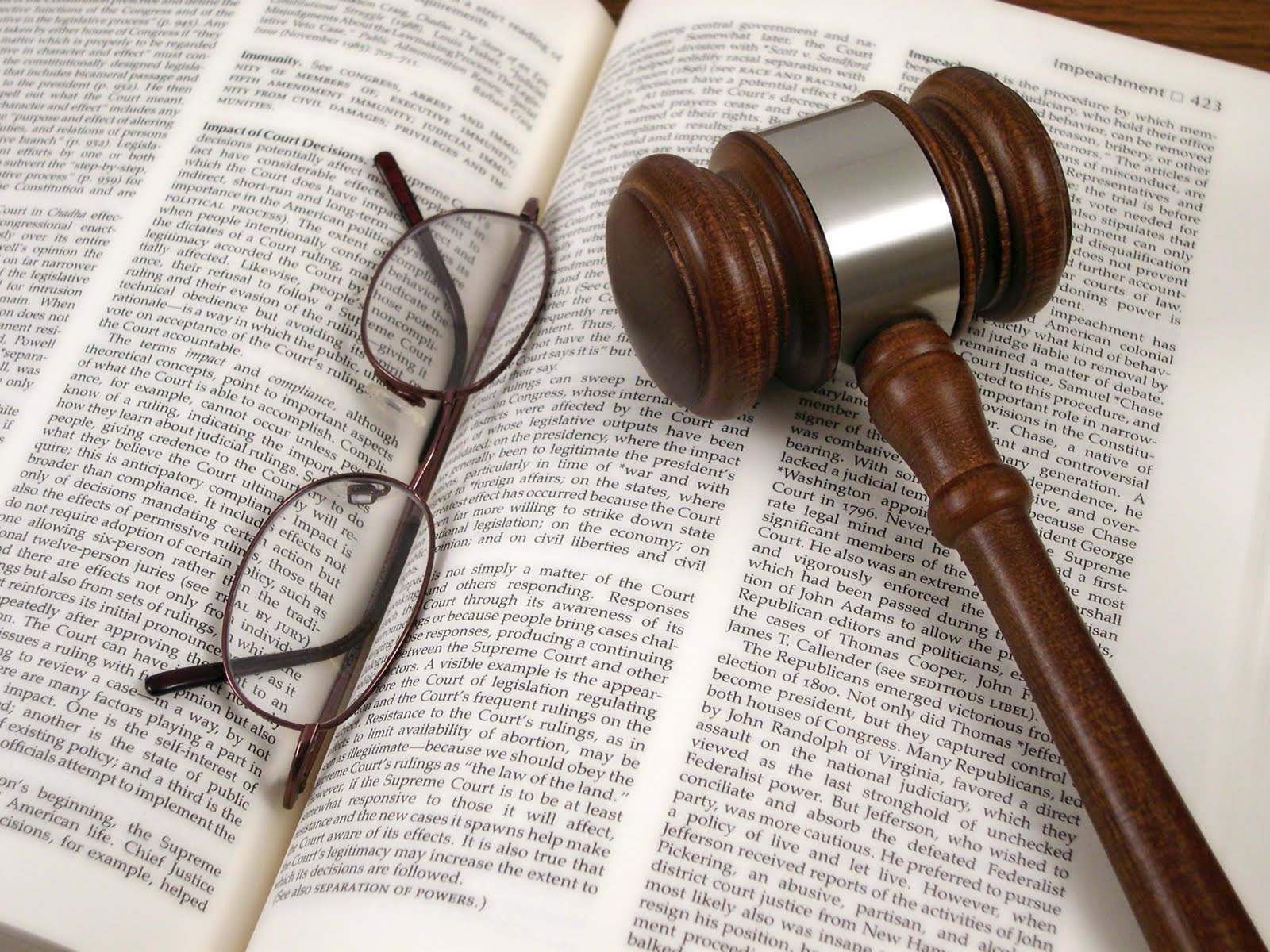Navigating legal challenges can be a daunting experience, especially when faced with unfamiliar laws and regulations. Finding the right lawyer is essential to ensuring the best possible outcome for your case, whether it involves personal matters, business disputes, or complex litigation. The role of a legal representative is multifaceted, demanding both expertise in specific areas of law and an ability to offer sound counsel. Understanding how to choose the right professional for your unique needs can make all the difference in the success of your legal endeavors.
The search for the ideal legal advisor requires a strategic approach. Individuals and businesses alike must consider the qualifications and areas of specialization that align with their specific issues. Each case presents its own set of challenges, and not every practitioner is equipped to handle them effectively. It’s not merely about securing any legal representation, but about finding a lawyer who possesses the knowledge and experience that best suits your circumstances.
Identifying Specialization
Law is a vast field with numerous branches, and not all attorneys are versed in every aspect. When facing a legal issue, it’s critical to seek out a professional whose expertise directly relates to the matter at hand. A corporate lawyer, for example, may not be well-versed in criminal law, while a family law specialist may lack the expertise needed for intellectual property disputes. Tailoring your search to the specific area of law will ensure that the person you choose is not only qualified but highly capable of managing your case.
For more complex issues, you may need an expert lawyer in a niche area of practice. For instance, matters involving international contracts or environmental regulations demand a thorough understanding of specialized legal frameworks. Seeking a practitioner with a targeted focus will give you a distinct advantage in navigating intricate legal terrain.
Evaluating Credentials and Experience
While academic qualifications are an essential starting point, the true measure of an effective attorney lies in their experience. A seasoned lawyer brings with them the insight gained from years of navigating the legal system, developing strategies, and achieving successful outcomes for clients. It is crucial to inquire about their track record with cases similar to your own. Success in past matters can be an indicator of their ability to handle your legal needs.
Furthermore, understanding the practitioner’s standing within the legal community can provide additional reassurance. Membership in prestigious legal associations or recognition in legal rankings often signals a higher level of professional achievement. Taking the time to evaluate the practitioner’s credentials and reputation will ensure that you engage with a competent and trustworthy advocate.
Understanding Communication and Strategy
Effective communication is one of the cornerstones of a successful attorney-client relationship. It’s essential to work with a legal representative who not only understands the intricacies of your case but can also explain them to you in clear, understandable terms. Miscommunication or lack of transparency can lead to frustration, misunderstandings, and even jeopardize the success of your case. As such, the ability to engage in open, honest, and timely dialogue is crucial.
Another key factor to consider is how the lawyer approaches case strategy. While some professionals favor aggressive tactics, others may opt for a more measured, negotiation-focused approach. Aligning their strategy with your expectations and comfort level is vital. A clear understanding of how your attorney plans to handle your case will give you confidence in their ability to achieve the desired results.
Considering Costs and Budget
Legal representation can be a significant financial investment, and understanding the cost structure upfront is vital. Different attorneys have varying billing practices—some charge hourly rates, while others may offer fixed fees or contingency arrangements, depending on the type of case. It’s essential to discuss these details in advance to ensure that the costs align with your budget and the potential complexity of the case.
Transparency in billing is also critical. Some practitioners may charge for consultations, while others may offer initial meetings free of charge. It’s essential to clarify these terms early on to avoid any surprises down the line. Knowing the financial commitment involved will help you make an informed decision when selecting your legal representative.
Finding the Right Fit
Beyond expertise and credentials, there is a personal element to choosing legal representation. Building a rapport with your attorney is essential, as the relationship often extends beyond transactional advice. Trust and mutual respect are the cornerstones of a productive working relationship, and you should feel comfortable discussing sensitive details about your case.
Taking the time to meet with potential candidates and assessing their demeanor, communication style, and overall approach will allow you to determine whether they are the right fit for your needs. The right practitioner will not only provide you with expert legal advice but will also serve as a steadfast advocate for your interests.
In Conclusion, Choosing the right lawyer is a decision that can significantly impact the outcome of your legal matters. It is essential to evaluate their specialization, experience, communication skills, and strategy to ensure a successful partnership. By taking the time to carefully consider these factors, you can find a legal representative who is well-suited to guide you through even the most complex legal challenges.

